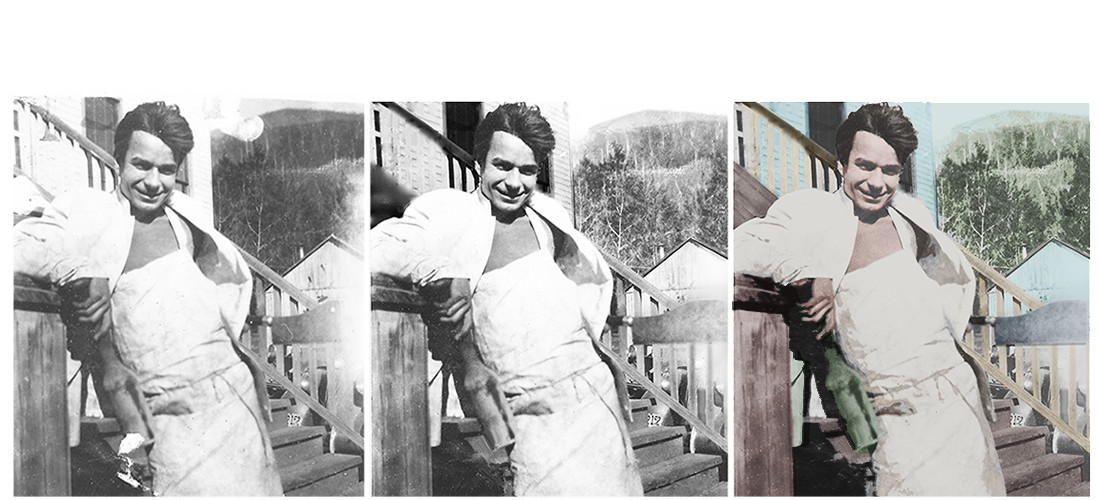This Immigrant Nation.
My great-grandmother Anna was an orphan from Poland. I’m not sure how she lost her parents, but she had one aunt that we know of, who cruelly sent her to work as a child laborer. At the first farm, the young son of the owners pushed her off of a hay loft, causing her back damage that never properly healed. She went to work somewhere else, and made a small salary, but her aunt ended up stealing it every month. The only reason she would ever visit was to steal money from her niece.
By some miracle, her employers became aware of this injustice and started to save money for her until she had enough for a trip to America. We think she was either 14 or 15 when she came here, but she lied about her age and said she was 16. She came with a little money, in 3rd class on a ship to Ellis Island, around 1914.
Anna made it safely to Ellis Island, surviving what I’m sure were the most unsanitary conditions possible, as a third-class passenger, but she was immediately robbed when she arrived. Deportation or at the very least, detention, was a risk, my grandpa told me (because she had no money and no job waiting for her). The immigration officer referred her to his friend who got her a job picking tomatoes for Heinz. My grandpa told me that’s where she met my great-grandfather Michael.
I figured out over the years that my grandpa was leaving parts out of this story. He didn’t tell me about how difficult his childhood had been or very much about his father, a Lithuanian immigrant; I don’t even know the exact details of why he came to the United States or who he came with. One thing remains consistent — my admiration for my great-grandmother for going to a foreign land where she didn’t speak the language, and going alone as a young teen at that, and then raising seven children under very difficult circumstances and economic times. I never met her, but I’m very proud of her.
Perspective
I’m really fortunate to be here. If my great-grandmother had been an immigrant to the United States of today, she probably wouldn’t have a chance at entering this country, because she wouldn’t meet today’s immigration requirements. I’m just mentioning all of this, because so many Americans also have ancestors like mine, who were given a great opportunity. But strangely, many of them, are the same ones saying that immigrants shouldn’t be allowed in, or should do it legally the way their ancestors did. They don’t realize how much the process of applying for citizenship has changed since the days of Ellis Island.
You can’t just show up on a boat anymore and expect to be let in. The fees alone involved in submitting each bit of paperwork exclude many, and the waiting periods to process the paperwork last years, not days or weeks. Today, there are strict quotas on the number of people allowed to enter legally, and the requirements to get in are such that it’s easy to understand why some try other methods to the legal immigration process. They are the “huddled masses yearning to breathe free” as Emma Lazarus said, but we don’t welcome them with open arms the way we once did. They are the stranger but we didn’t welcome them in.
The other immigrants
I had originally intended to write about all of the immigrants in my family, but I realize it’s way to much for one post, and I need to do much more research. More to come.
The photo is of my grandpa when he worked as a cook in a CCC camp, before he joined the Navy during WWII. The far left is the original, the middle is touched up, and the right with color added.
